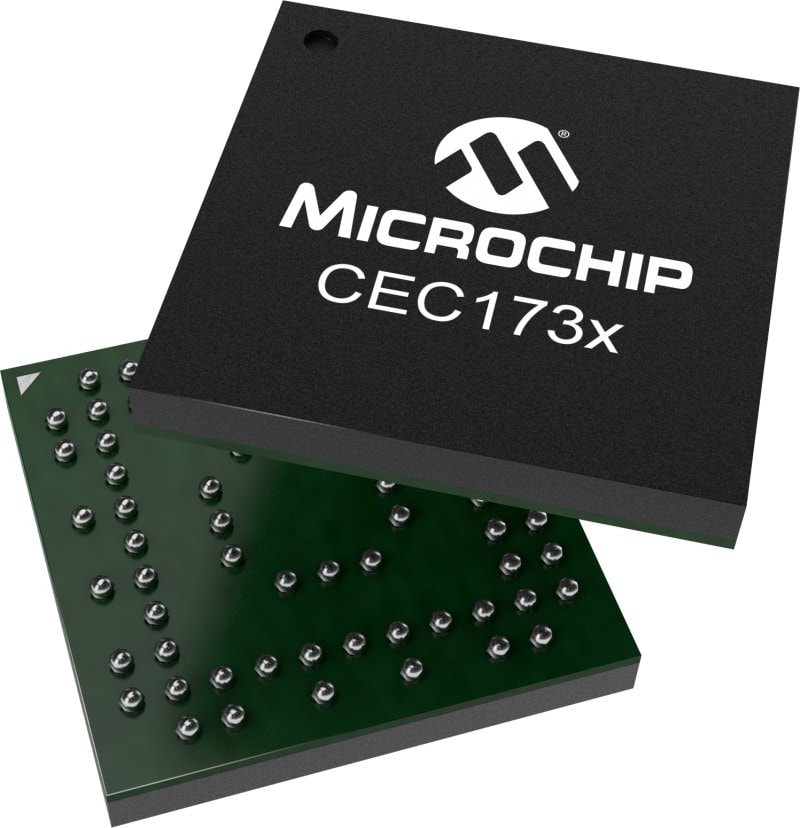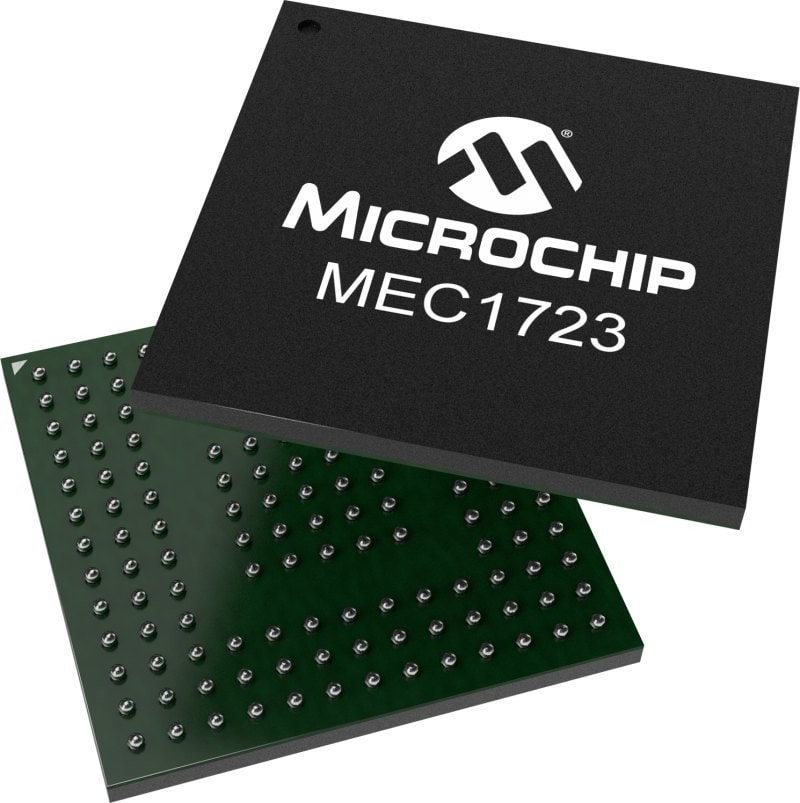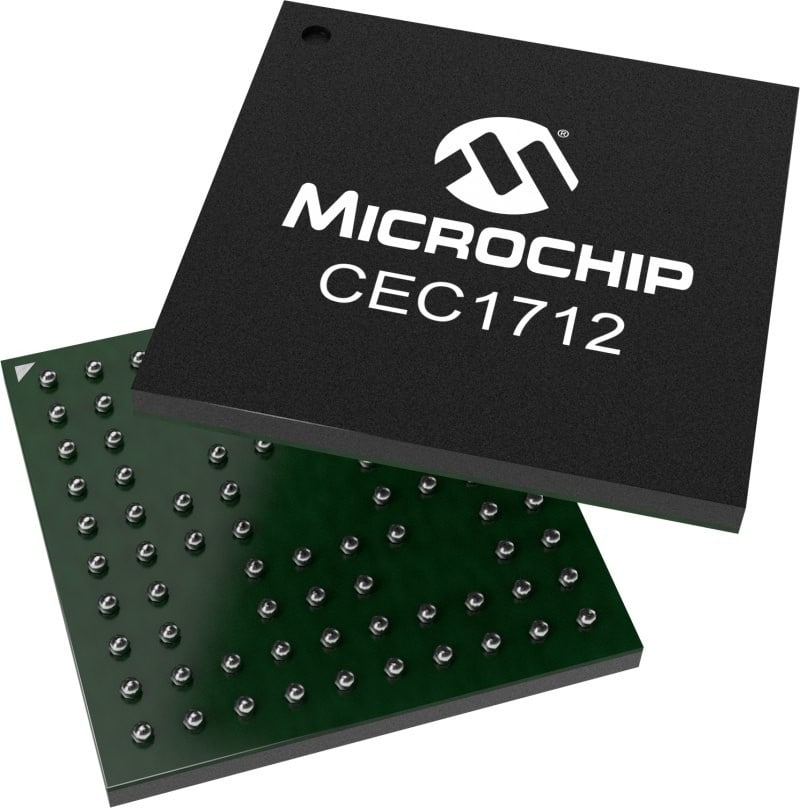Live Chat
Need Help?
Privacy PolicyEstablish System Trust Chain With Our Platform Root of Trust Controllers
As cybersecurity threats continue to evolve, platforms must adapt rapidly to defend against attacks during start-up, real-time operation and system updates. Securing your systems starts with ensuring that the hardware and firmware are resilient against potential threats.
Our platform and component Root of Trust (RoT) controllers provide robust cyber resiliency for equipment that exceeds the NIST 800-193 Platform Firmware Resiliency (PFR) guidelines. These controllers deliver runtime firmware protection, anchor the secure boot process and establish a comprehensive chain of trust for platform security. With built-in device and firmware attestation, our solutions provide verifiable proof of authenticity. The advanced FIPS Cryptographic Algorithm Validation Program (CAVP) hardware cryptography engine allows only trusted firmware to be executed, which protects systems from malicious code.
Our portfolio of platform RoT products is designed for data centers, storage, telecommunications, networking, industrial and automotive applications and delivers the security and reliability needed to safeguard modern infrastructure.
Explore Our Product Families

CEC173x
Data Center
- Real-time platform root of trust
- Arm® Cortex®-M4F @ 96 MHz
- eSPI host interface
- Secure boot with hardware root of trust
- SPI Flash monitoring and firmware integrity
- Platform resiliency: NIST 800-193 and OCP compliance
- Fast secure boot with P-384 elliptic curve
- Low-power design for data center efficiency
- Flexible debug and development interfaces

MEC17xx
Notebook
- Post-Quantum Cryptography (PQC) capabilities (MEC175xB) CNSA 2.0
- Arm Cortex-M4F at 96 MHz
- eSPI and I3C interfaces at 3.3V and 1.8V
- Secure boot with hardware RoT
- SPI Flash monitoring and firmware integrity
- USB 2.0 option (MEC175xB)
- Low-power design for extended battery life
- Flexible debug and development interfaces

CEC1712
Automotive and 5G
- High security rating with hardware RoT (CEC1712H-S2-I/SX with Soteria-G2)
- Arm Cortex-M4 at 96 MHz
- eSPI host interface
- Secure boot with immutable ROM-based bootloader
- NIST 800-193-compliant platform firmware resiliency
- Key revocation and rollback protection for secure in-field updates
- Supports up to two application processors and two SPI Flash components
- SPI Flash authentication and firmware integrity validation